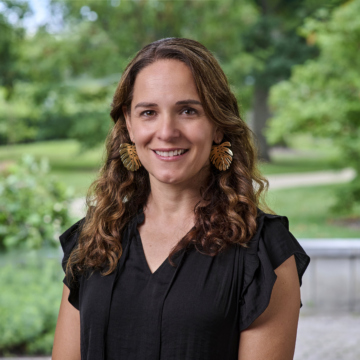Luke McCormack leads The Morton Arboretum’s Root Biology Research Group, which seeks to understand how functional root traits and processes vary among plant species, among populations of the same species, and even within individuals over time. The group applies this information to assess and predict the success of trees in multiple environments.
As roots and their activities below ground are often the least understood components of the integrated plant system, gaining a better understanding of these enigmatic organs has tremendous capacity to improve the appreciation and management of trees. Led by McCormack, the Arboretum’s Root Biology Research Group uses modeling and field-based research to interpret patterns of trait diversity and plant responses to their environment across spatial scales leveraging tools from multiple disciplines including plant physiology, plant and microbial ecology, and whole-ecosystem science.
McCormack’s guiding vision is to fundamentally change how belowground systems are perceived in both basic and applied research communities, highlighting the importance of root and rhizosphere processes to the overall health, resilience, and productivity of forest ecosystems.



